Many overlook mushrooms as a nutritious and tasty addition to their diet, but these fungi provide many health benefits.
Just one serving of mushrooms contains a significant amount of fiber, vitamins D and B, and antioxidants. They are also low in calories and cholesterol-free. Plus, mushrooms’ protein can help boost weight loss and muscle growth.
One mushroom that’s gaining attention for its benefits is the lion’s mane mushroom. Often used in Asian cuisine, this mushroom has long been praised for its medicinal properties and potential benefits for brain health.
If you haven’t heard of lion’s mane mushrooms, then you’re in luck! This post will dive into the benefits of adding this mushroom to your diet.
What Is A Lion’s Mane Mushroom?
Regarding edible mushrooms, the lion’s mane certainly stands out with its unique appearance. Unlike most mushrooms with a cap and stem, the lion’s mane mushroom has long, shaggy tendrils resembling a lion’s mane, hence its name.
Not only is it visually striking, but it also has a delicious taste and texture similar to seafood. In addition to being a culinary delight, these medicinal mushrooms also boast impressive health benefits.
It contains compounds that may boost brain function and improve nerve health, making it a valuable addition to any nutrition regimen.
Most health stores sell lion’s mane mushroom extract supplements to make it easier to incorporate into your diet. However, they can also be fresh or dried in some specialty grocery stores and Asian markets.
5 Health Benefits of Lion’s Mane Mushrooms
Also known as Hericium Erinaceus, the lion’s mane mushroom has been around for centuries and is used in traditional Asian medicine to boost the immune system and improve digestive health.
But recent studies have also shown potential benefits for brain function and a reduction in anxiety and depression symptoms. Let’s explore some of the top benefits of incorporating lion’s mane mushrooms into your diet:
1. Protects the Brain Against Mild Cognitive Impairment
A 2009 study published in Phytotherapy Research found that older adults with mild cognitive impairment who took lion’s mane mushroom extract every day for three months showed significant improvement in cognitive function, memory, and concentration compared to those who took the placebo.
These effects were attributed to the compounds in lion’s mane mushrooms, which may stimulate the growth of brain cells and protect against neurodegenerative diseases.
2. Stimulates the Repair and Growth of Nerve Cells

The lion’s mane medicinal mushroom also contains compounds that may promote the growth and repair of nerve cells.
This means that it may benefit those with nerve damage or neurodegenerative diseases like Alzheimer’s and Parkinson’s.
Additionally, nerve cells also play a role in improving muscle control and coordination, making lion’s mane mushrooms a potential natural remedy for improving physical function as well.
3. May Help Reduce Symptoms of Anxiety and Depression
An animal research study found that lion’s mane extract improves the function of the brain’s hippocampus, which is considered the center for memory, emotions, and mood.
Another study showed that the anti-inflammatory and antioxidant properties of lion’s mane might help to alleviate symptoms of anxiety and depression.
4. Improves Digestive Health

The gut and brain have a close connection, and many experts believe that gut health can improve brain function. Lion’s mane mushrooms may help to boost digestion and prevent stomach issues like ulcers, inflammatory bowel disease, and irritable bowel syndrome (IBS).
The activity of the intestinal immune system is said to be improved by lion’s mane mushrooms, which help protect against gut inflammation. Stomach ulcers are also known to be prevented by the compounds in these medicinal mushrooms.
5. Decreases Heart Disease Risk
Animal studies have shown that lion’s mane extract may lower cholesterol levels and improve blood pressure, reducing the risk of heart disease.
The research suggests that rats and mice given lion’s mane extract had improved fat metabolism and reduced triglycerides.
It’s important to note that more human research is needed in this area, but lion’s mane mushrooms may also offer benefits for heart health.
Incorporating Lion’s Mane Mushrooms Into Your Diet

From lion’s mane mushroom powder to supplements containing extract, there are various ways to add this medicinal mushroom to your diet.
Fresh lion’s mane mushrooms can also be found in some grocery stores and specialty markets, and they have a mild taste that works well in soups or stir-fries.
However, the outer layer should be cooked to a crisp. Otherwise, it will leave a slightly bitter taste that some may find unpleasant.
Lion’s mane supplements can also be found in health food stores or online, but it’s essential to consult with a healthcare professional before taking any supplements.
Risks and Side Effects of Lion’s Mane Mushroom
While studies on lion’s mane mushrooms are conducted mainly on animals, no significant side effects have been reported in human studies.
Some report skin rashes and difficulty breathing after consuming this medicinal mushroom, but these cases are rare.
As with any supplement or natural remedy, you must speak with a healthcare professional before incorporating lion’s mane mushrooms into your diet. This is especially true if you have allergies or take medications that could interact with the compounds in lion’s mane mushrooms.
Final Thoughts
Mushrooms are not just a tasty addition to your meals but can also offer numerous benefits for overall health and brain function.
Lion’s mane mushrooms have been used for centuries in traditional medicine. They are now being studied for their potential benefits for neurological health, digestive issues, anxiety and depression symptoms, and heart disease prevention.
While more human studies are needed, incorporating lion’s mane mushrooms into your diet may offer various benefits for overall health and well-being. Just be sure to consult with a healthcare professional before taking any supplements.
Have you tried lion’s mane mushrooms? Let us know your thoughts and experiences in the comments below.

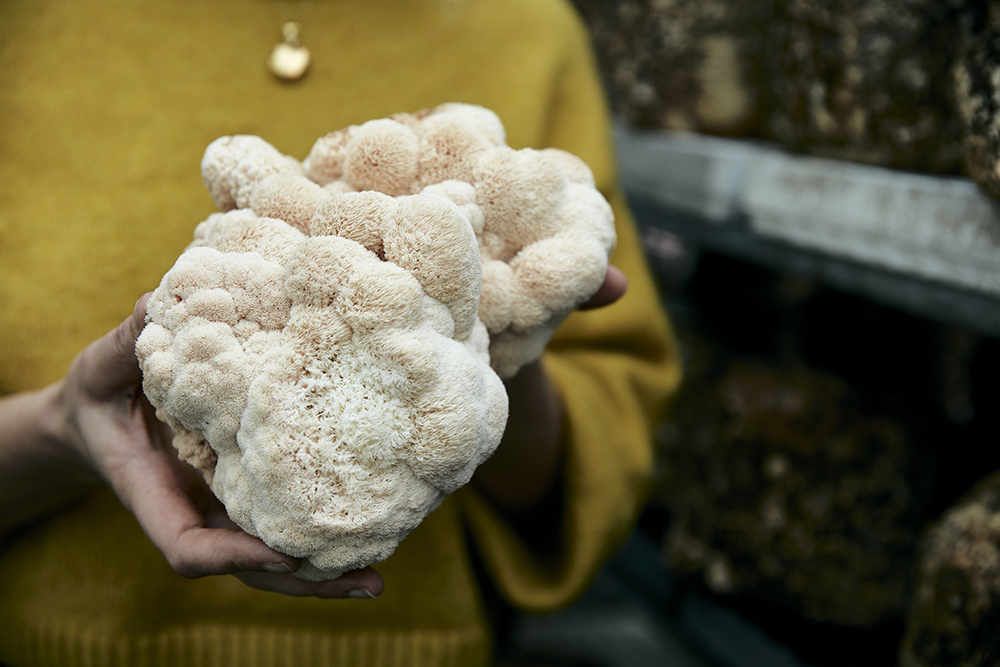
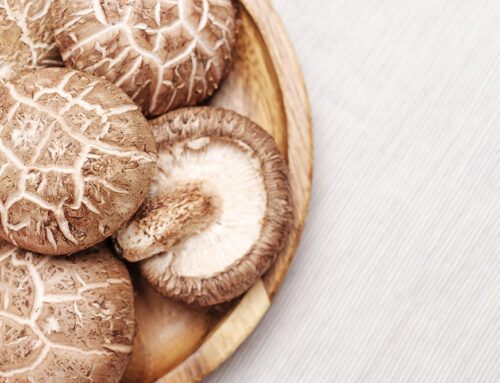
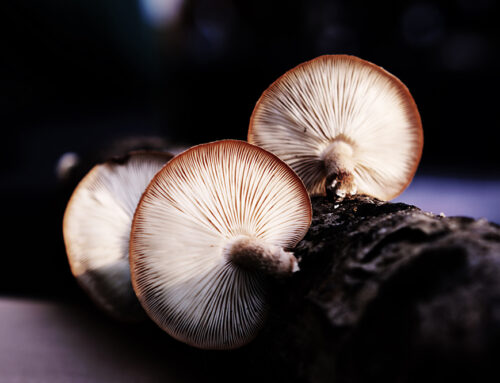
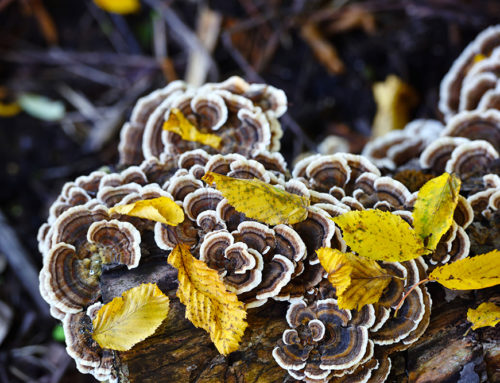
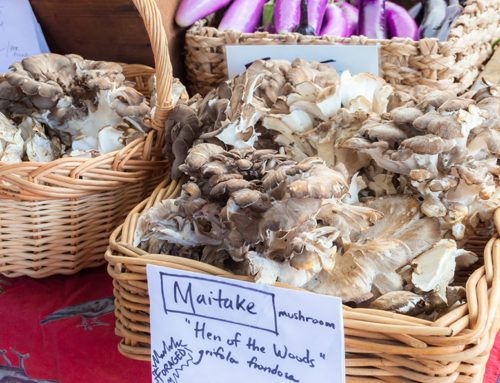
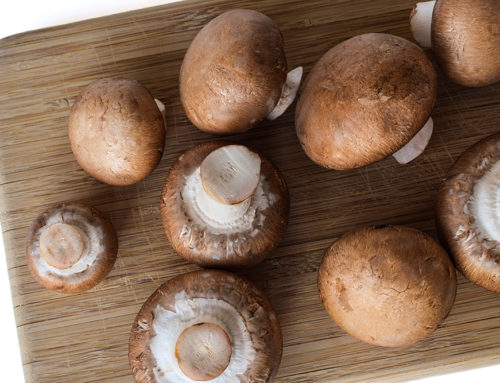
Leave A Comment